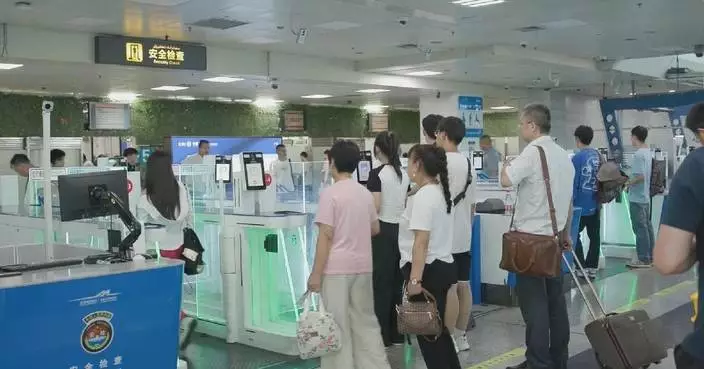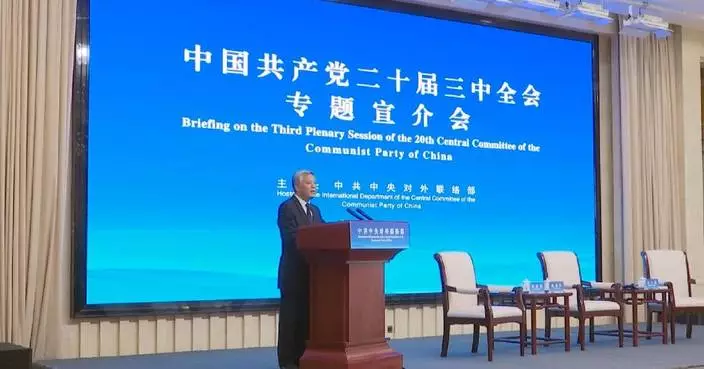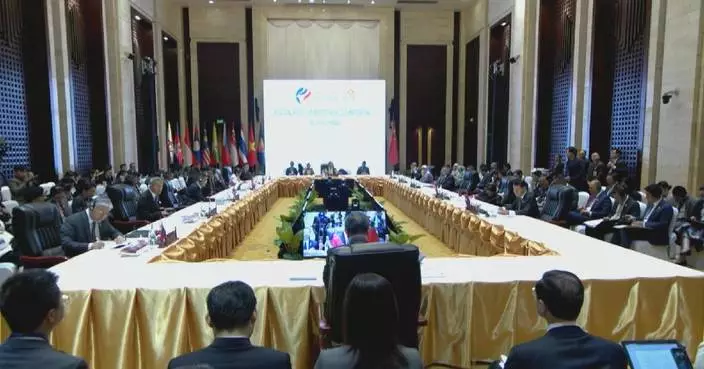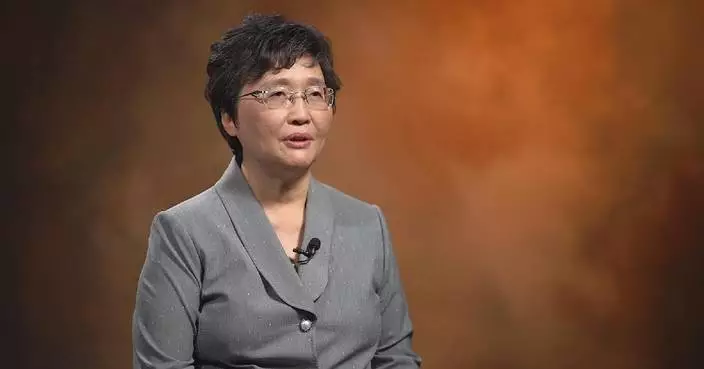A number of officials from countries across the globe, as well as representatives of non-governmental organizations (NGOs) gathered in Mexico to discuss sustainable ways to protect biodiversity in the Americas.
Many countries and organizations are seeking consensus on how to jointly tackle the issues facing Earth's future. In Mexico City, one event sought to set the tone for what will be an important year for Latin America on the subject
The International Union for the Conservation of Nature or IUCN, held the Regional Conservation Forum from April 16 to 19 in Mexico City. In Chapultepec Park, one of the largest urban green spaces in Latin America, governments, NGOs and indigenous groups gathered for the Conservation Forum for Mexico, Central America and the Caribbean.
Latin American countries are taking a leading role in the preservation of biodiversity, and the work at the IUCN forum is considered critical ahead of the COP16 UN Biodiversity Conference that will take place in Colombia in fall season. Global organizations and leaders will seek consensus on new commitments to achieving mutual goals.
"Despite the planetary crisis that we are experiencing today, we firmly believe that human beings are capable of change and that is why more than 100 organizations are here looking at how we can alter our conduct to achieve a planet where we can all live in peace and benefit from the natural resources on which we depend," said Grethel Aguilar, the Director General of IUCN, during an interview with China Global Television Network (CGTN).
However, as delegates discuss the issues in this idyllic setting, their task will be to bring these messages back to their countries and put forward concrete actions.
Biologist Roberto Romero has worked intensively throughout the region to create environmental consciousness, and is now pushing ahead with policy recommendations.
"We are seeking to create policy recommendations that the whole region can agree upon to ensure that the voices of civil society around the planet are heard at levels of government, and that policy decisions are implemented which help the situation," said the biologist.
China has taken a leading role when it comes to global biodiversity preservation, as the country's Environment Minister told CGTN during the sixth session of the United Nations Environment Assembly (UNEA-6) earlier this year.
China's Minister of Ecology and Environment Huang Runqiu highlighted the important role of environmental multilateralism, which involves nations working together to help forge a sustainable future.
"We are ready to join hands with all parties to lead them and their stakeholders in the comprehensive and effective implementation of the framework, promote the restoration of global biodiversity and to build a global home where human beings and nature can coexist in harmony," Huang said.
With the tone set in Mexico City, 2024 will be an important year globally for the issue of biodiversity.

Officials, NGOs gather in Mexico to discuss biodiversity protection









